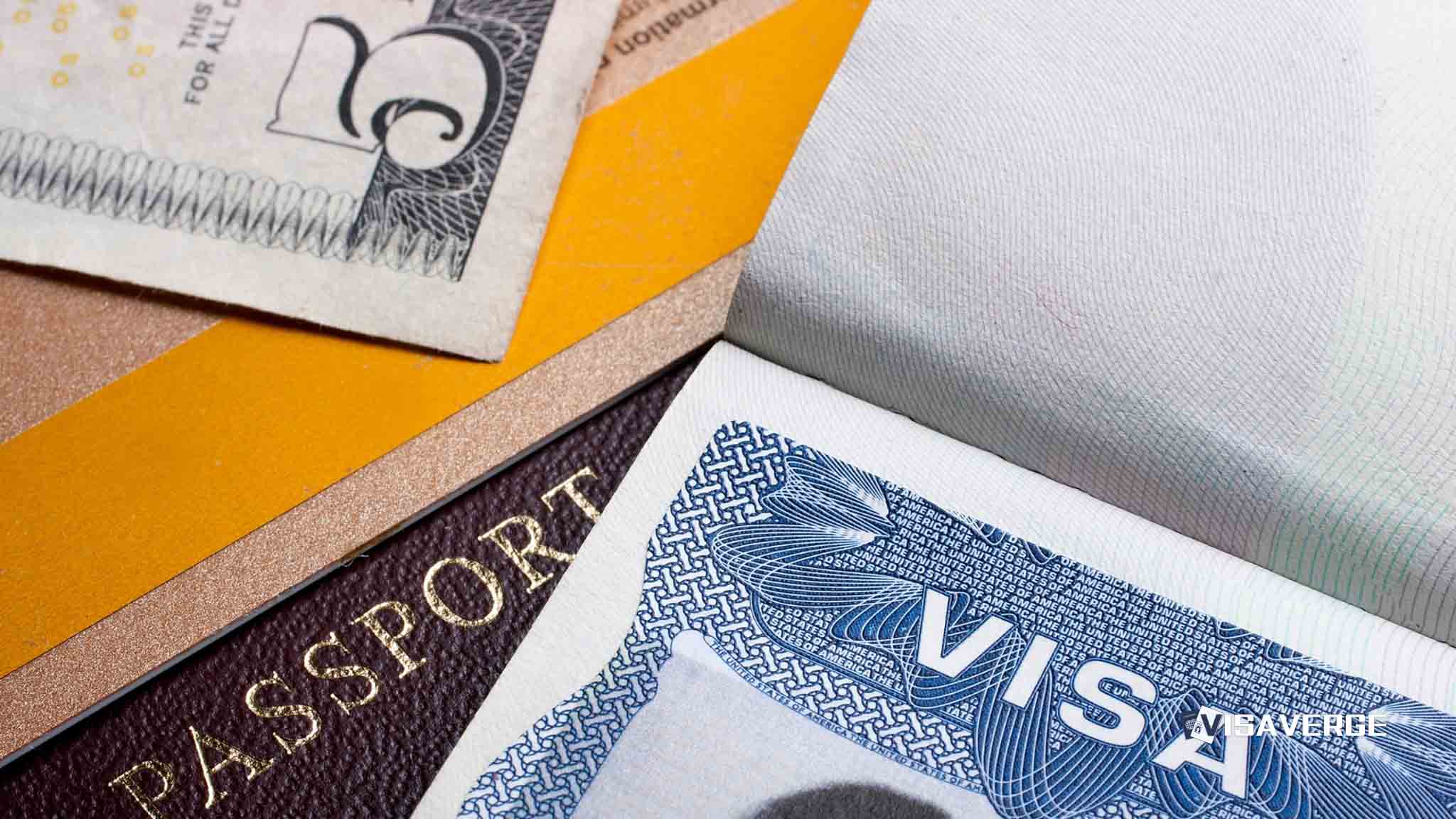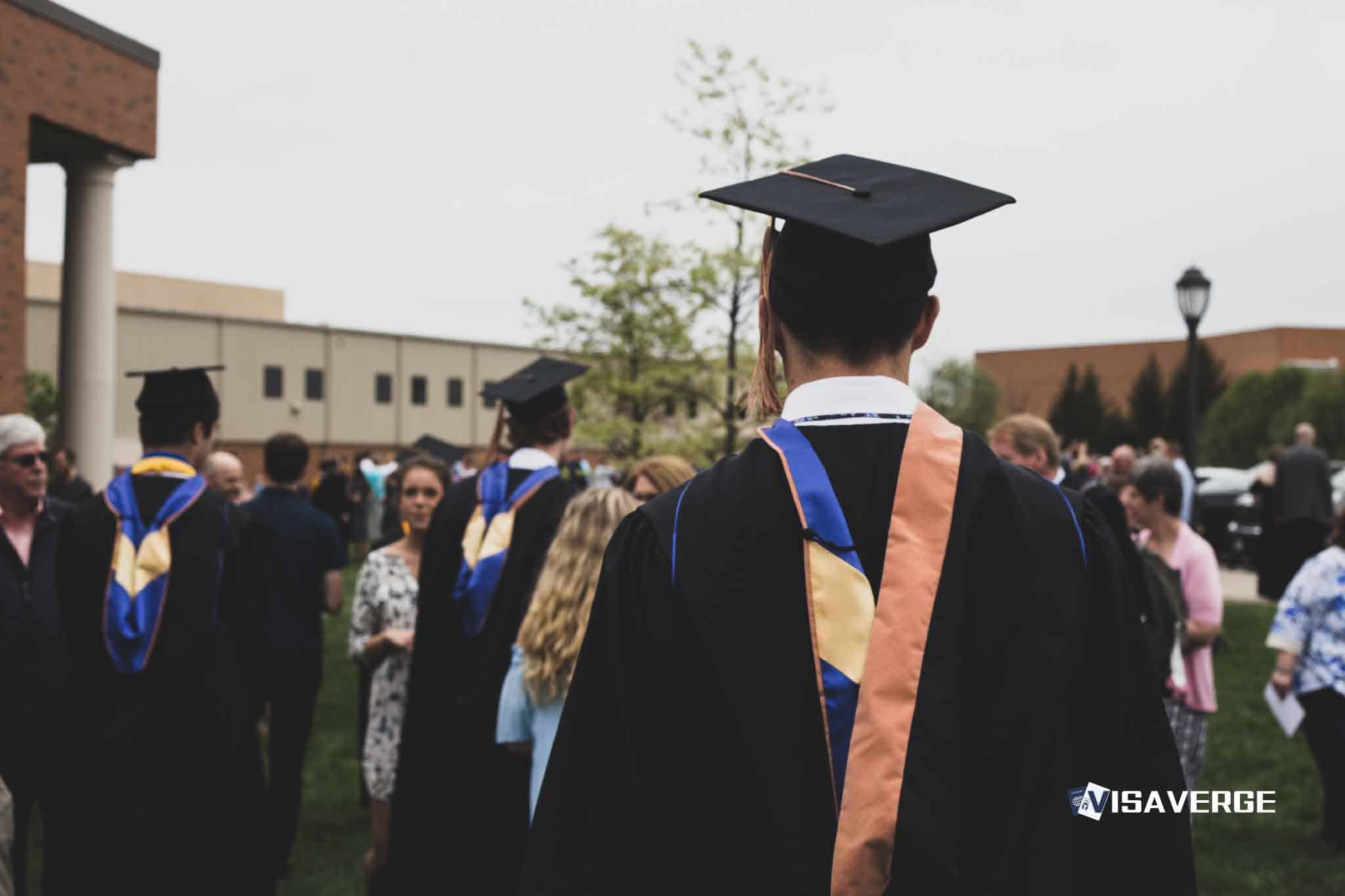(UNITED STATES) The Student and Exchange Visitor Program is operating normally following the recent government shutdown, with schools reporting uninterrupted access to the Student and Exchange Visitor Information System and routine processing for international students and exchange visitors. SEVP, which manages SEVIS for F‑1, J‑1, and M‑1 categories, continued standard services during the funding lapse because it is fee‑funded and not reliant on congressional appropriations. University offices say they issued Form I-20 for F‑1 students and Form DS-2019 for J‑1 exchange visitors throughout the shutdown period, and officials say the program remains fully operational as of November 2025.
Campus communications and institutional confirmations

In campus notices to students and scholars, several institutions emphasized that core functions stayed steady.
- The Harvard International Office said on November 3 that SEVP “should operate as usual since it is fee‑funded.”
- Emory University’s International Student and Scholar Services told students SEVP “is not affected by the government shutdown” and confirmed ongoing F‑1 and J‑1 processing.
- The American Immigration Lawyers Association (AILA) echoed those points, noting that Designated School Officials (DSOs) could keep working in SEVIS and carry out all required actions.
These messages helped reassure students worried about visa status, travel, and work authorization when headlines about the shutdown emerged.
Why SEVP continued to operate
SEVP’s legal and funding structure explains the continuity.
- The program is funded by student and school fees, not annual congressional appropriations.
- That fee‑funded model allowed staff to keep systems running even when other agencies faced temporary closures.
- According to DHS materials, SEVP oversees schools authorized to enroll nonimmigrant students and maintains SEVIS, the database that tracks status and compliance.
For official guidance, see the U.S. government’s SEVIS overview: ICE: SEVIS and the SEVP Program.
Day‑to‑day operations on campus
Inside international student offices, the shutdown’s first days resembled any other week for most DSOs.
- Advising calendars remained full.
- Students picked up documents.
- System access stayed available.
DSOs maintained routine tasks such as issuing and updating Form I-20, recommending Optional Practical Training (OPT) where appropriate, and managing student transfers. Exchange Visitor Program sponsors reported similar continuity for Form DS-2019 tasks, including:
- initial and amended issuance,
- extensions,
- category changes,
- site‑of‑activity entries,
- travel endorsements.
Official reference pages:
– ICE: Form I‑20
– U.S. Department of State: About Form DS‑2019
Why the continuity mattered
The uninterrupted SEVIS access mattered to tens of thousands of students who rely on timely record updates, travel signatures, and employment authorizations tied to their SEVIS status.
- During shutdowns, uncertainty can ripple across campuses, especially when other federal services slow or pause.
- This time, schools reported SEVP back to normal without pause, reducing the risk of unnecessary travel changes or missed deadlines.
VisaVerge.com noted that early, consistent communication from schools and sponsors likely prevented unnecessary travel plan changes and document requests.
Time‑sensitive protections maintained
Maintaining SEVIS access ensured that critical compliance and status safeguards continued on schedule:
- Full‑time enrollment verification
- Reporting address changes
- Recording program updates
- OPT recommendations and certifications
- Transfers between institutions
- Exchange visitor compliance tied to host sites and funding
Practical takeaway: the backbone data system worked, and the “SEVP back to normal” message matched how international offices operated day to day.
Fee‑funded design and its benefits
Universities emphasized the importance of the fee‑funded infrastructure for avoiding service gaps during a shutdown:
- SEVIS‑related fees paid by students and schools mean staff and systems do not hinge on short‑term budget extensions.
- That design allowed predictable service across orientation, enrollment, research, and graduation seasons.
- Sponsors could support research and teaching programs without delaying arrivals or extensions due to SEVP disruptions.
For families and students preparing to start programs, that predictability meant fewer last‑minute changes.
Student reminders and practical advice
Even with operations stable, DSOs encouraged students and scholars to take routine precautions:
- Keep documents current and carry printed copies when traveling.
- Remember that airline checks, port‑of‑entry procedures, and consular services may operate under different rules and can be affected independently.
- Ask DSOs or sponsors for confirmations if planning travel near breaks or graduation.
Post‑shutdown status and summary
Campus messages after the shutdown reinforced the same reality:
- Emory’s message that SEVP “is not affected by the government shutdown” matched reports from other institutions.
- Harvard’s assessment that SEVP “should operate as usual since it is fee‑funded” aligned with DSO experiences.
- AILA’s guidance confirmed DSOs could continue issuing and maintaining records without interruption.
As of November 2025, schools, sponsors, and students describe a stable picture:
- SEVP is open and SEVIS is working.
- Students can receive updated
Form I-20for program extensions and changes. - Exchange visitors can obtain new
Form DS-2019when programs change or extend. - DSOs can certify enrollment, manage transfers, and handle graduation records on usual timelines.
The latest shutdown served as another test of whether fee‑funded parts of the immigration system can keep steady during federal budget pauses — and in this instance, they did. For students and scholars who depend on predictable rules, that steadiness delivered clear confirmation that SEVP and SEVIS continued to operate and that campus international offices could carry on their work without delay.
Frequently Asked Questions
This Article in a Nutshell
SEVP continued normal operations during the government shutdown because it is fee-funded rather than dependent on congressional appropriations. Universities and organizations including Harvard, Emory, and AILA confirmed uninterrupted SEVIS access and routine issuance of Form I-20 for F-1 students and Form DS-2019 for J-1 visitors. Day-to-day DSO functions—advising, OPT recommendations, transfers, and enrollment verification—continued. As of November 2025, SEVP and SEVIS are fully operational, minimizing disruptions to student travel, work authorization, and program changes.













